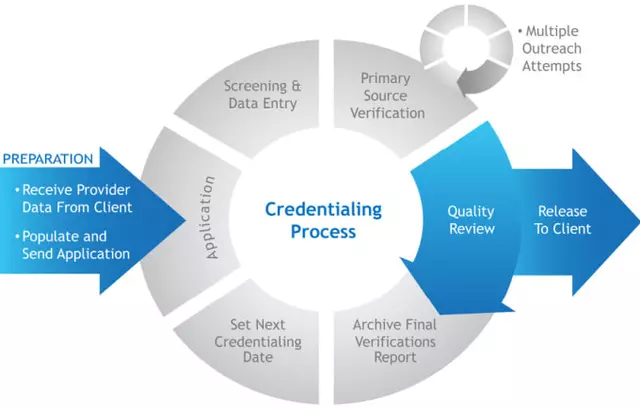Data entry jobs: How to find, get hired, and earn from home
Data entry jobs are one of the easiest remote roles to start quickly. You don’t need a fancy degree — accuracy, speed and basic computer skills matter most. Many companies hire part-time and full-time data entry operators, and plenty of short gigs exist on freelance sites.
Where to find real openings? Look for job portals, company career pages, and verified freelance platforms. In India, big sites and niche portals list data entry roles regularly. Also search for roles titled "data entry operator", "data processor", "data typist" or "admin assistant" — employers use different names.
What skills pay? Typing speed matters: 35–60 wpm is common, but higher speed gets better pay. Accuracy and attention to detail beat raw speed. Basic Excel or Google Sheets skills are expected: filters, simple formulas and data validation help. Familiarity with data entry software, CRM tools or scanning and OCR tools is a plus.
How much can you earn? Entry-level remote gigs often pay per hour or per piece. Rates vary widely: low-end freelance tasks pay very little, while steady roles at companies or long-term clients pay better and may include benefits. Treat initial gigs as experience—if you build a portfolio and client reviews, you can command higher rates.
Avoid scams. Real jobs don’t ask for big upfront fees. Be cautious of listings promising huge income for minimal work. Check employer reviews, ask for a sample task or a short paid test, and never share sensitive personal documents before a contract is signed. If a site asks you to recruit others or pay to join, skip it.
Build a simple portfolio. Create a one-page CV showing typing speed, software skills, sample screenshots of spreadsheets (with fake data), and short testimonials if you have them. Offer to complete a small paid trial for new clients. That beats vague claims and helps you stand out.
Improve your chances quickly. Practice typing tests and learn basic Excel shortcuts. Use free online OCR tools to understand scanning workflows. Learn to clean simple datasets: remove duplicates, fix formatting, and validate entries. These small skills make you faster and more valuable.
Applying smart
When applying, tailor your message to the job. Mention exact tools you know and your real typing speed. If the role needs confidentiality, state you can sign NDAs. Offer availability windows and expected turnaround time. Short, clear messages work better than long cover letters.
Growing beyond entry-level
Data entry can lead to admin, data analyst or bookkeeping roles. Learn pivot tables, basic formulas, and a little SQL or Power BI over time. Employers prefer candidates who can turn raw data into useful information. Keep upgrading skills and ask for slightly higher pay with each new responsibility.
End with encouragement: start small, stay safe, and treat every gig as a chance to build real experience.
Action steps: take a basic typing test today, create a one-page CV, apply to five trusted listings each week, accept one paid trial, and track your hours and rates. Small habits grow into steady income and clients.
What are data entry jobs a guide to salary skills?
Well, folks, let's talk about data entry jobs, a fascinating universe where typing is the new superpower! They're not just about inserting data into a computer system - they're a roller-coaster ride of accuracy, organization, and speed. Now, the salary, my friends, can be a mixed bag of candies. It can differ wildly based on your skills, experience, and the company you're working for. Speaking of skills, fast typing, attention to detail, and proficiency in programs like Microsoft Word or Excel can make you the data entry superhero that companies are desperately seeking. So, buckle up and dive in, data entry might just be your next big career move!





